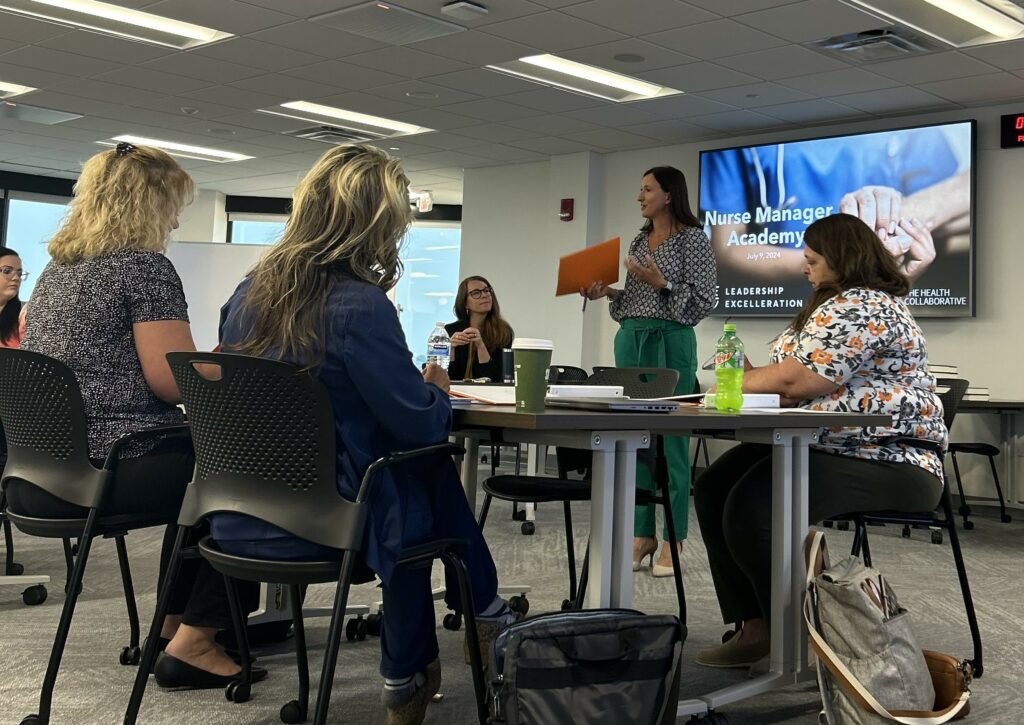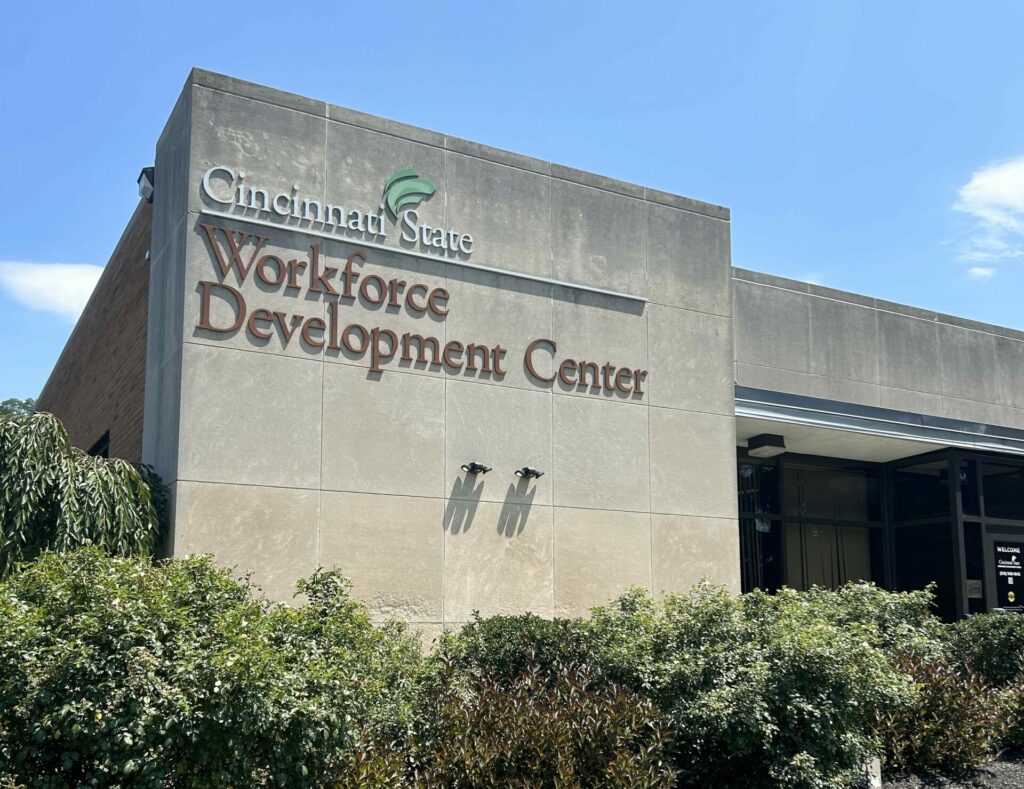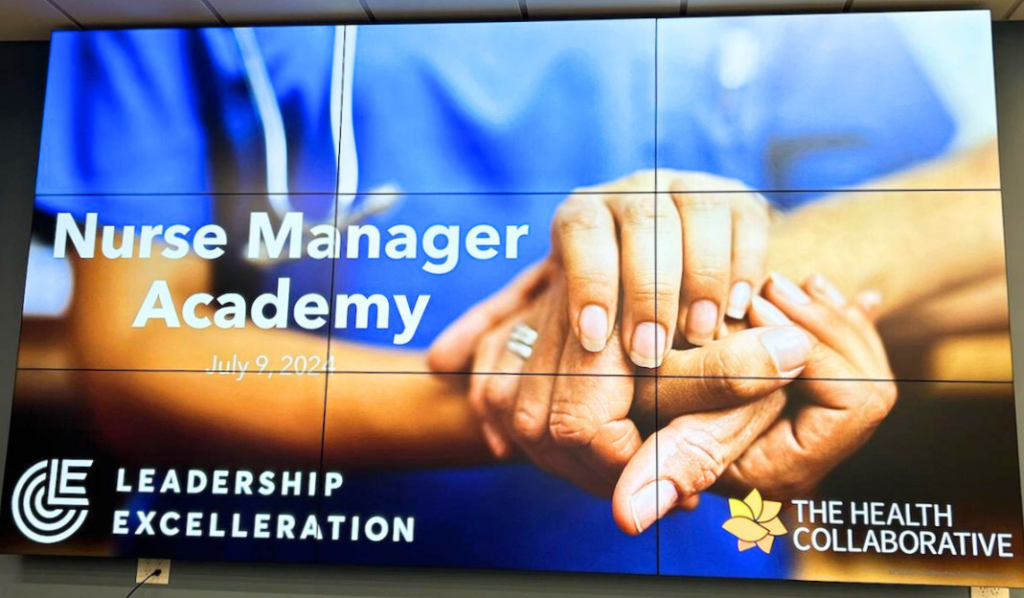After navigating the COVID-19 pandemic, we know that the unsung heroes of our community are the people that work to improve health and outcomes by guiding our region through unprecedented disaster.
For the past 3+ years, Jill Ernst, MS, CHEP, OCEM, NREMT, Readiness & Response Program Manager at The Health Collaborative, has been doing just that: preparing our region’s emergency officials and partners to be equipped to respond to disaster, COVID and beyond.
As seen on WLWT5, Jill and the Disaster Preparedness team recently guided local emergency officials through an exercise designed to prepare them for a potential disaster. We sat down with Jill to learn more about this event and how it sets our region up for success in the event of an emergency:
Q: Hi Jill! You were recently featured on WLWT5, along with the Disaster Preparedness team, for facilitating and carrying out a tabletop exercise. Can you start by explaining what that is?
A: A tabletop exercise (TTX) is where emergency planners and responders from various emergency management and response agencies come together to discuss current plans/algorithms/response strategies for a potential threat/hazard that could affect their community. The setting is usually classroom-like at a table with information with plausible “what if” events.
Q: Who was this exercise for?
A: This exercise was for local emergency management officials, hospitals, fire/EMS/law, Red Cross, and any other identified partners for a response.
Q: Set the scene for this exercise: what was the situation, who was affected, and how were the emergency experts and first responders taught to respond?
A: The situation was built upon a plausible scenario in Madeira involving hazardous materials being transported by railways throughout Hamilton County, specifically 12-24 hours into this ‘incident’ The “what-ifs” included a gasoline explosion on the railcar.
Affected: all responders and those who live/work within a specific radius within Madeira.
Response tactics: SME’s and first responders were given information on how to make more complex decisions based on their known training and expertise for the health/safety of the community. This exercise allowed area hospitals to discuss their internal responses to a hazardous disaster causing a surge of patients from the community.
“Exercises such as these happen routinely, but usually on smaller scales. There is always a lesson learned in every exercise.”
Q: A lot of the time, people don’t expect disaster to strike them until it’s already happened. How do exercises like this prepare our community for potential disasters?
A: Exercises like these help the preparedness/response agencies plan, prepare, mitigate, respond, and recover from disasters. We can look at our known resources (supplies/equipment, communication needs to name a few) and who we can call for additional assistance to help those in the community affected.
Q: What is the end goal of these exercises and what does success look like at the end of the day?
A: An end goal during any exercise is to identify areas of improvement. Success is knowing that emergency management and response is always an ongoing effort based on changing dynamics and trying to be as prepared as possible for any large-scale events.






